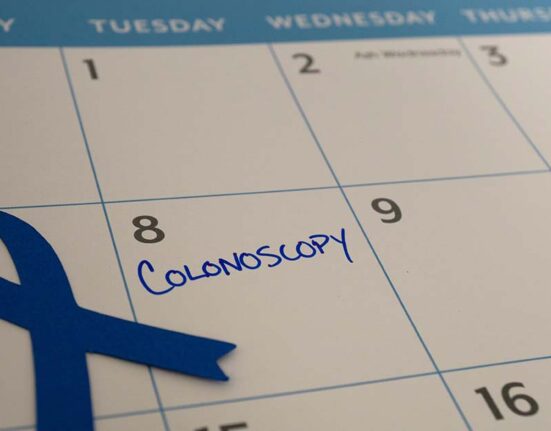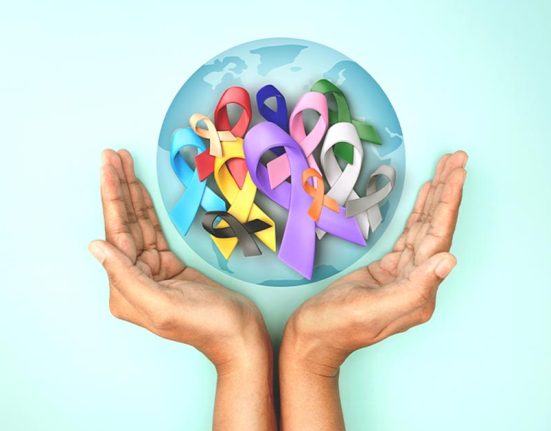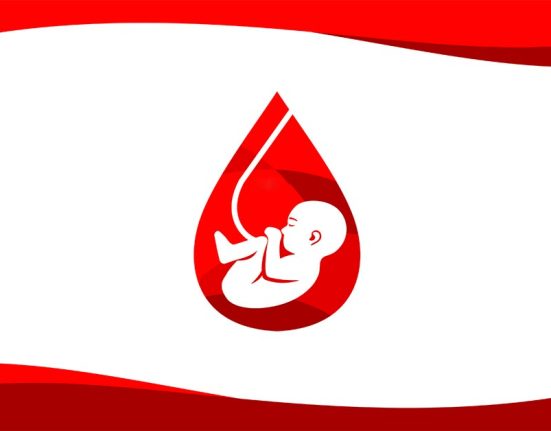Colorectal cancer, a term encompassing cancers of the colon and rectum, has traditionally been associated with older adults above the age of 50. However, recent trends indicate a worrying increase in the incidence of colorectal cancer in young adults globally. While the reasons behind this rise have been unclear, a groundbreaking study has shed light on two significant risk factors that are strongly correlated with early-onset colorectal cancer.
Obesity and Alcohol Consumption: The Twin Threats For Colorectal Cancer In Young Adults
The study, published in the Annals of Oncology identified and emphasised that obesity and alcohol consumption are the two modifiable lifestyle factors that play a pivotal role in the development of colorectal cancer in individuals under 50. These findings are crucial as they underscore the importance of lifestyle choices in the prevention of this disease.
How About The Role Of Genetics?
While genetics certainly play a role in cancer susceptibility, the study reveals that unique genetic risk factors do not fully account for the rise in early-onset colorectal cancer cases. Instead, it points to the aforementioned lifestyle factors as the primary drivers1. This distinction is vital for directing public health initiatives and individual efforts towards mitigating these risks.
Lower Your Risk Of Early Onset Colorectal Cancer
The implications of this study are clear: young adults must be vigilant about their lifestyle choices. Maintaining a healthy weight and moderating alcohol intake can significantly reduce the risk of developing colorectal cancer at a young age. Moreover, this research highlights the need for increased awareness and potentially earlier screening for those at risk.
In conclusion, the fight against colorectal cancer in young adults begins with understanding and addressing the risk factors of obesity and alcohol consumption. By taking proactive steps towards a healthier lifestyle, young adults can safeguard themselves against the threat of early-onset colorectal cancer.
Why You Should Get Colorectal Cancer Screening
With the rise in incidence of colorectal cancer among the younger segment of the population, it is important to spot the disease early and get treatment while the chances of success are higher (for instance, South Korea has a high rate of survival for colorectal cancer due in part to its strong emphasis on its early detection and screening initiatives). As colorectal cancer may not present any symptoms in its early stages, actively undergoing screening for it becomes more important for protecting your health and should be considered, especially if you have a family history of the cancer. You can learn more about colorectal screening and book a screening here.
Consult Our Preferred Doctor On Colonoscopy
45 is the new 50 for colorectal cancer screening. As we are seeing younger colorectal cancer patients, one should consider going for screening at 45 years of age (or younger if they have a positive family history).
Dr Benjamin Yip
Dr Benjamin Yip is a Consultant Gastroenterologist in Singapore, and the Medical Director at Alpha Digestive & Liver Centre. He has expertise in advanced endoscopy and also regularly performs general endoscopies including gastroscopy and colonoscopy (diagnostic and therapeutic).
Dr Yip has performed over 6,000 endoscopies since 2010, and is the winner of the Alexandra Health Service Champion Award (2016) in recognition of his dedication to patient care.

Protect against cancer, cardiovascular disease, and other chronic diseases with regular health screening. Compare and shop for health screenings from Singapore and regional healthcare providers at a single convenient platform - shop.health365.sg
This article is informative only and is not intended to be a substitute for professional medical advice, diagnosis, or treatment, and should never be relied upon for specific medical advice.
























































